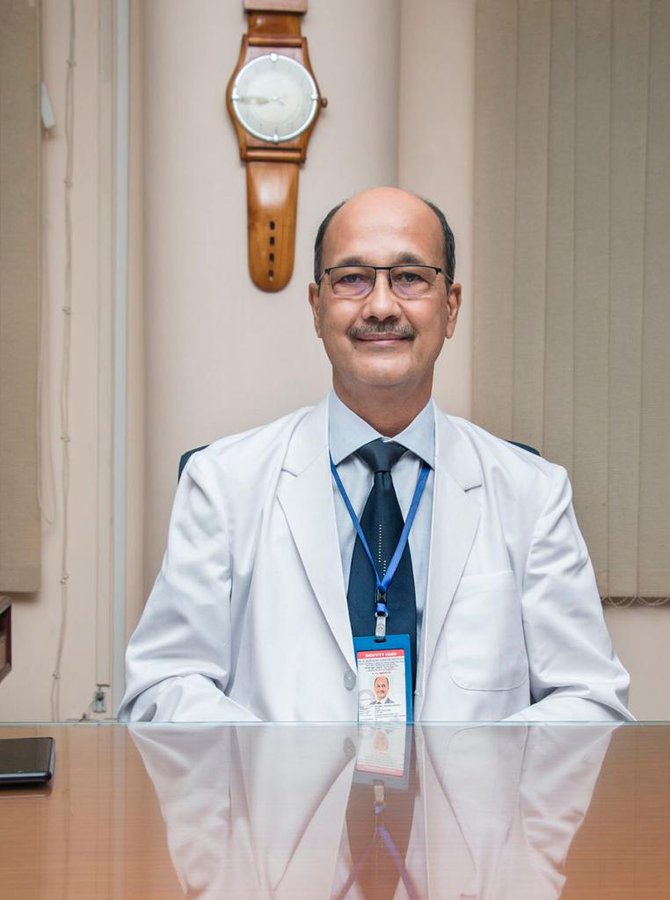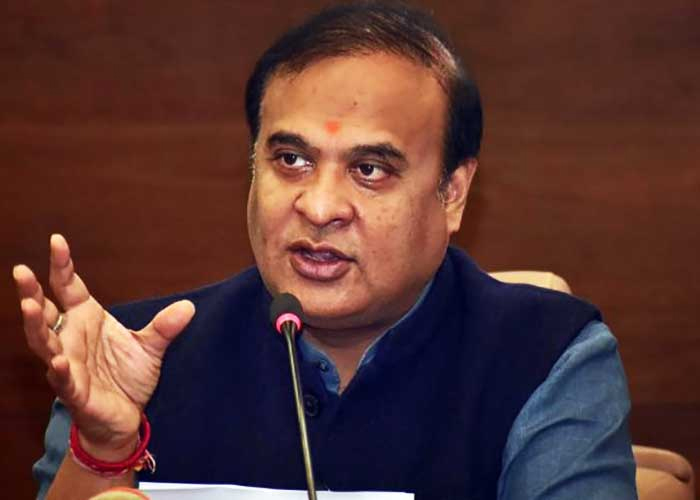Considering the high incidence of cancer in the North East, FOGSI has decided to continue such activities for a period of one year
 KRC TIMES Assam Bureau
KRC TIMES Assam Bureau

This year, the World Health Organization has decided to initiate measures that each country should meet by 2030 to get on the path to eliminate cervical cancer in women in the century. Cervical cancer is largely amenable for prevention and early detection through public awareness, screening, vaccination and treatment of pre-cancer and early cancer. The strategy adopted by the World Health Organization is that 90% of girls should be given the HPV vaccine by the age of 15, 70% of the women should be screened using presently available established tests by the age of 35 and repeat the same at the age of 45. 90% of the women identified with pre-cancer or cancer should receive treatment.
As per the National Cancer Registry Programme of ICMR report of 2020, 60% of cervical cancers and 57% of breast cancer are detected in India at an advanced stage. These two cancers together constitute almost 45-50% of all cancers in women. The incidence of cervical cancer in India varies from as low as 4.8 per lakh of population in Dibrugarh District of Assam to as high as 27.7 per lakh of population in Papumpare District of Arunachal Pradesh. Seventy-five thousand new cervical cancer and 2.10 lakh new breast cancer patients are detected every year, out of which, two-thirds of the patients die.
To complement the initiative of the World Health Organization, the Federation of Obstetrics & Gynaecologists of India (FOGSI) has started a massive campaign to eliminate cervical cancer across the country through its 258 affiliated societies comprising of 37,000 members from 6th to 8th March 2021 coinciding with International Women’s Day on 8th March 2021.
Considering the high incidence of cancer in the North East, FOGSI has decided to continue such activities for a period of one year.
At Dr B Borooah Cancer Institute (BBCI) (Regional Cancer Centre, Guwahati) under the Department of Atomic Energy, Govt. of India, which is also a unit of Tata Memorial Centre, Mumbai, more than 500 cervical cancer patients are seen from the North Eastern States. The Kamrup Urban District (Guwahati) has recorded an incidence of 14.2 per lakh of the female population.

According to Dr Amal Chandra Kataki, Director, BBCI and renowned Gynaecologic Oncologist, early marriage or sexual activity before 18 years, first pregnancy at the age of 20 years, multiple pregnancies with a short interval, multiple sexual partners, women suffering from sexually transmitted disease, poor genital hygiene of the male and female partners and smoking are important risk factors for cervical cancer.
Dr Debabrata Barmon, Deputy Director (Academics) and Professor & Head of Gynaecologic Oncology, BBCI has said, women should report to a Gynaecologist with any one of the symptoms like inter-menstrual bleeding, post-menopausal bleeding, post-coital bleeding and white discharge. Dr Kataki appreciated the initiative of FOGSI under the leadership of Dr Alpesh Gandhi, President, FOGSI and Dr. Jaydeep Tank, Secretary General, FOGSI to achieve the cervical cancer elimination goal by the end of the century.
In this connection, BBCI in association with Guwahati Obstetrics & Gynaecological Society will conduct a screening and awareness camp in Kamrup and its adjoining districts.





